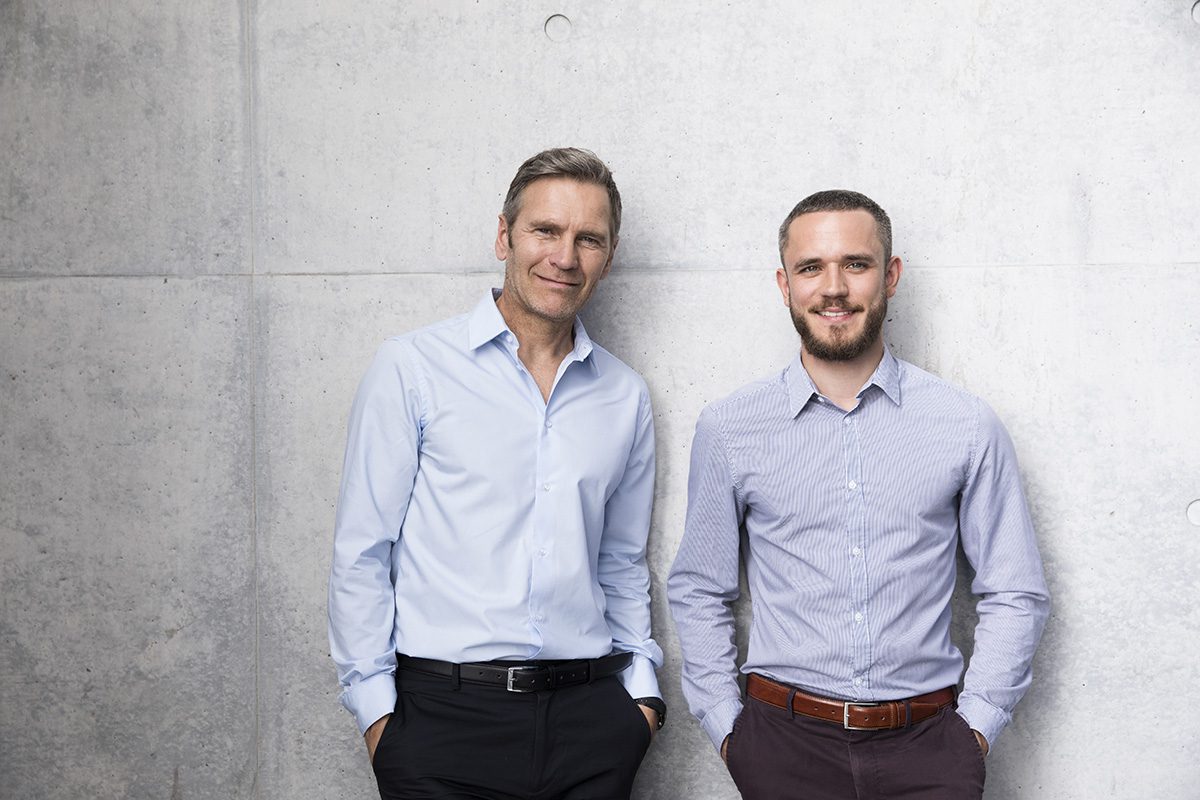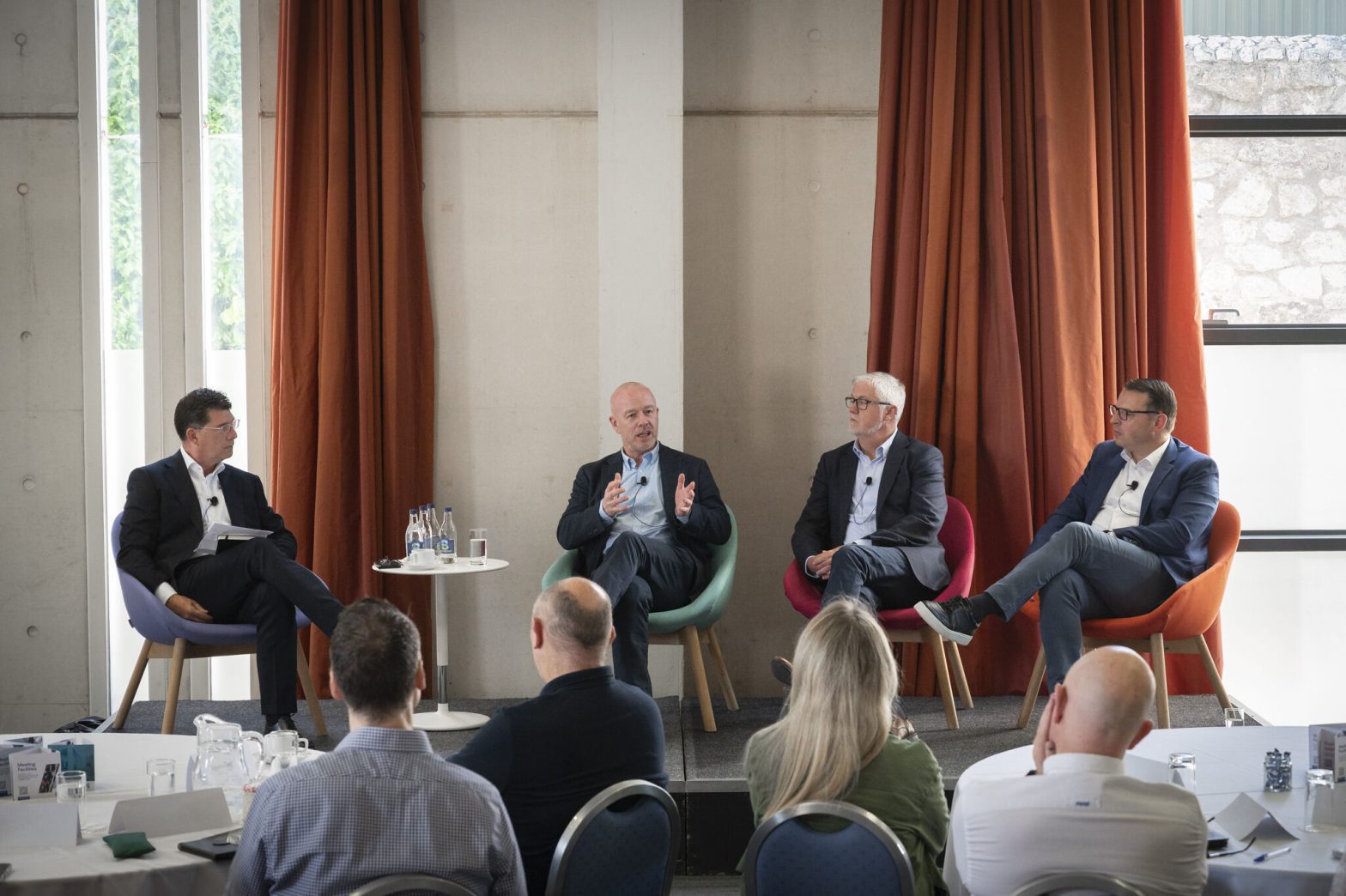Leadership Essentials for the Changing World of Work
By Kevin Empey | 8th April 2019
It is not an easy place to be a leader at any level today. In an age of increased pace, expanding possibilities and disruptive competition, leaders are faced with rising expectations from all fronts – from boards, executives and shareholders as well as from staff, business partners and customers.
wing down any time soon. So, how do we deal with this is as leaders?.
It is not an easy place to be a leader at any level today. In an age of increased pace, expanding possibilities and disruptive competition, leaders are faced with rising expectations from all fronts – from boards, executives and shareholders as well as from staff, business partners and customers.
On top of working flat out to run and grow the current business, we are told we need to transform and prepare our organizations for emerging technologies, rapid change and the so-called Future of Work. And all this doesn’t look like slowing down any time soon. So, how do we deal with this is as leaders?

(Picture source)
Slowing down to move fast
The temptation is to speed up ourselves, trying to keep up with all the moving parts and control them. For most that will be a sure-bet way for more stress and burnout; features of modern working life that are becoming far too common as it is.
Surely it would be preferable to be able to thrive and adapt to this changing world of work rather than just cope and lurch from one ‘always-on’ weekend to another? And in doing so, wouldn’t this also make life better not just for ourselves and our teams but also for others who live with us outside work?
One place to start is to acknowledge that this is an issue and that your own leadership model that has served you well so far may need an upgrade for what lies ahead. As Marshall Goldsmith wrote in his book of the same title, “What got you here, won’t get you there”.
1. Be Yourself, With Skill
There is a temptation to think that there is some perfect leadership style or persona out there and that you need to somehow change your DNA that has formed the person and leader that you are today. Trying to copy others wholesale is not sustainable and people will see through it, adding to your complications.
Being self-aware of your own leadership strengths and skills as well as being open and mindful of your blind-spots and emotional triggers is a necessary place to start. It is much easier to manage stressful situations when you are acting in a deliberate way as your self-aware self.
2. You don’t need to have all the answers
You won’t have all the answers with the pace things are moving so let’s get that monkey off our back and dispel the illusion that we do or that we need to pretend we do. We are in the age of the authentic leader and this should help somewhat in ending the pretence of perfection and in having all the answers for everyone demanding them of us.
Showing vulnerability and openness is an essential building block of trust and will invite others in to share the load. Followers will respect rather than doubt you and, most importantly, they will follow your example.
This will create a safe environment where problems as well as innovations and opportunities will be aired freely without the fear of ridicule or blame. Change will be something that is embraced rather than avoided.
3. Show the way and let them get on with it
Being vulnerable does not mean being weak or un-clear. The adaptive leader sets clear ground rules and parameters, clarifies and explains the purpose and direction but then lets their teams get on with it.
In a supportive environment of trust and clear goals, employee will respond and thrive. You need other leaders and employees around you that will seek and accept autonomy and accountability because you simply don’t have the time to be everywhere and on everyone’s case.
With some space and process provided for regular review and open, safe feedback, the team can course correct and hold each other to account, often without you in the room. This agile and accountable team working culture will reduce the time you spend on supervision considerably allowing you to focus on other things.
4. Identify your own ‘best boss’ habits
What are the simple human behaviours and habits that made your best boss memorable and motivating to you ? What would your team say to the same question?
Identify these trade mark habits that come naturally to you and use them often. Encourage other leaders working for you to do the same and you will be creating leaders to help you deliver your goals as well as creating the working culture you want to see.
5. Show appreciation and provide feedback
To re-enforce an agile, accountable and trusting working culture, feedback is essential. There is no time for problems to fester and develop. Celebrate success and shift the balance to re-enforce the behaviours you want to see rather than over-dwelling on what you don’t want to see. People will soon figure out what is the right way of doing things under your watch.
Generate a climate of enablement and empowerment rather than control and compliance – this shift alone will unleash talent, performance and engagement in your teams.
These ‘Future of Work’ nuances required for leadership today, combined with what we all know from our own experience about the age-old and enduring qualities that simply make up what it is to be a “good boss”, will help leaders thrive in the new landscape and will also allow others in their care to do the same.
Kevin Empey is Programme Director of the IMI Senior Executive Programme and also Managing Director of WorkMatters Consulting. He has been named as a future of work influencer by Silicon Republic.






